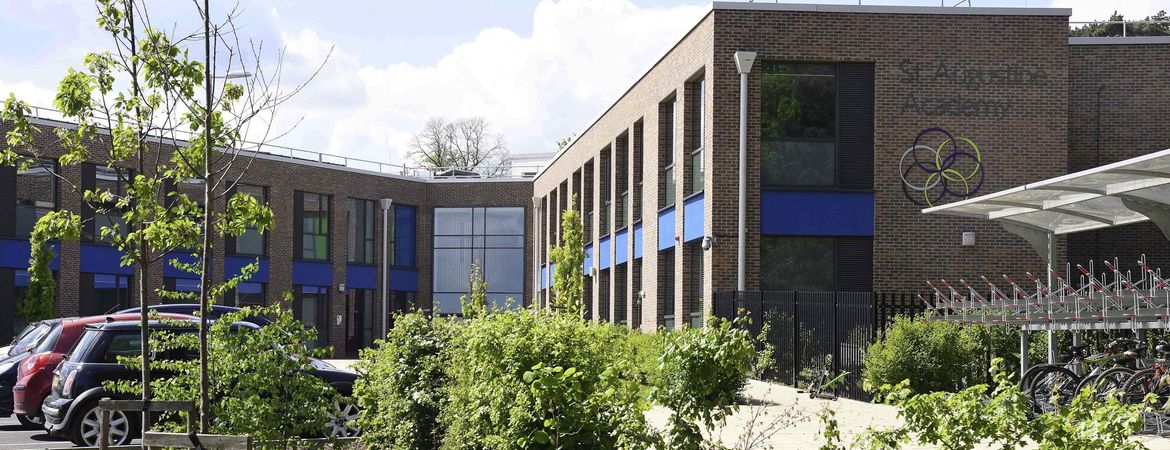- Home
- Curriculum
- Assessments
Assessments
Having trouble viewing this content or viewing it on a mobile device?Open a PDF copy here.
Feedback approaches:
- Feedback will regularly be given as a whole-class activity. Teachers will spend time reading students’ work in order to identify common misconceptions and common areas of strength. The teacher will spend time in subsequent lessons addressing these in a variety of ways in order to ensure that all students have a deep and clear understanding of the subject content.
- Regular Feedback has been shown to allow students to make greater and faster progress in their subjects as teachers become ever more responsive to the needs of the students in their classroom.
- This process gives much greater weight to teacher-led self and peer-assessment techniques, with students using their green pen to make corrections, improvements and additions. There may be no ‘teacher pen’ in some books depending on the individual approach chosen within the department.
- Finally, it is worth noting that Subject Leaders make the overall decision as to the best feedback approaches to use in their subject areas, with insight and support from all classroom teachers.
Key stage 3 Assessment
In years 7, 8 and 9 students sit Cumulative Knowledge Tests (CKTs). CKTs assess the retention of knowledge and skills gained across the key stage. Tests are normally 45 minutes in length. Students who require extra time have the additional 15 minutes within class. CKTs will only take place within the calendared weeks (see assessment calendar). After the CKTs have been marked, departments will then reteach any misconceptions or gaps in knowledge that became apparent during marking (gap analysis).
Additional exam access arrangements are normally limited to children who have a 1:1 TA, or the small number of children who have a scribe or reader. The SEND team lead on identifying and supporting children and families with access arrangements.
Approach to grading
The CKT grade forms part of the information and evidence a member of staff uses to create a student’s current grade. Each department has autonomy to use their own formative and summative assessments as appropriate.
We use the terms ‘Emerging’, ‘Developing’, ‘Secure’, ‘Mastery’ and ' Exceptional Performance' to describe a student’s progress through the year.
In years 7 and 8 the EBACC subjects (Maths, English, Science, Geography, History, MFL as well as R.E.) provide a current grade and an attitude to learning score. The ‘open bucket’ subjects (Art, PE, IT, Dance, Drama, Music, Food) provide attitude to learning scores only. In year 9 all subjects will report attitude to learning and current grade scores.
GL Assessment
In Y7 all students sit the CAT4 assessments online. These assessments help provide the academy with a baseline and can inform target setting.
Year-7-KS3-Assesment-Week-Timetable-April-May.pdf
Key stage 4 Assessment
In years 10 and 11 students are assessed using the GCSE grades (9-1) with sub levels. Students will sit GCSE past papers (or parts of them as appropriate) and will be assessed against the actual grade boundaries. In term 6 of Year 10 students will sit a full series of mock exams in the hall or in a separate classroom as per their own access arrangements.
Assessment in KS4 is essential in helping students to make best possible progress allowing staff to identify and reteach gaps in learning.
The following data is reported at key stage 4:
- Attitude to learning scores,
- Mock grades
- Most likely grade (MLG).
The MLG is the grade the student is most likely to achieve given their current trajectory.



